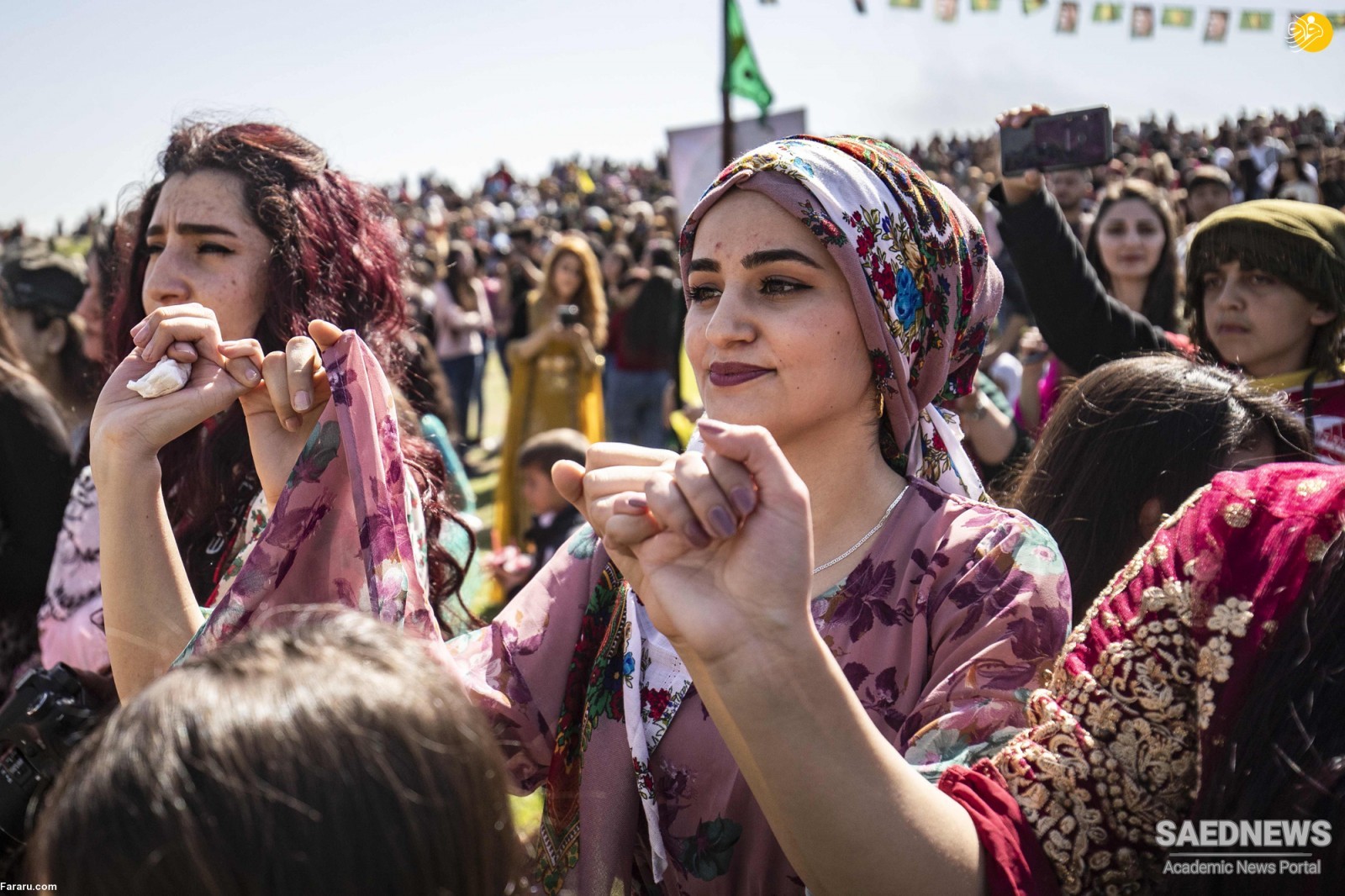In a region in northern Iraq, the Kurds have enjoyed a form of self-government since the early 1990s. Kurdish media and education are flourishing in this region, and more recently also in the Kurdish regions of southeastern Turkey. There is a long tradition of Kurdish-language literature, scholarship, and journalism, especially in northern Iraq, but also among the diaspora population of some 850,000 Kurds in western Europe.
There are two major literary versions of Kurdish, based on two major dialects of the language: Kurmanji-Kurdish is spoken in the northern areas of Kurdistan (in Turkey, Armenia, Syria and northern Iraq) and is written in the Roman (Latin) script. Sorani-Kurdish is spoken in the southern or southeastern regions (in central Iraq and Iran) and is generally written in a modified version of the Arabic-Persian script, though internet communication and other publications in Sorani often use the Roman script as well. Other closely-related languages, most notably Zazaki (spoken in eastern Turkey) and Gorani (spoken in northeastern Iraq), are often regarded as part of the Kurdish linguistic landscape.
This website is devoted to the documentation of the Kurdish language. Our aim is to investigate similarities and differences among the dialects of Kurdish. We wish to help raise awareness of the language and to support efforts to promote the study and the use of Kurdish. We invite reactions to the website from the Kurdish-speaking community worldwide, as well as from individuals and organisations with an interest in understanding and promoting the language.


 Kurdish Language: Cultural Identity and Linguistic Status
Kurdish Language: Cultural Identity and Linguistic Status














































